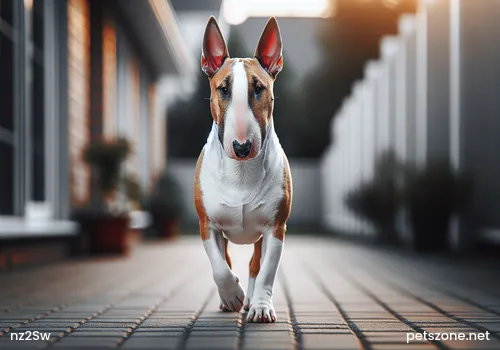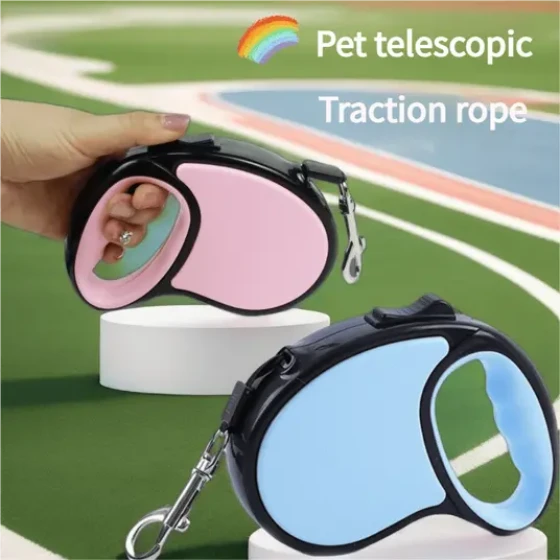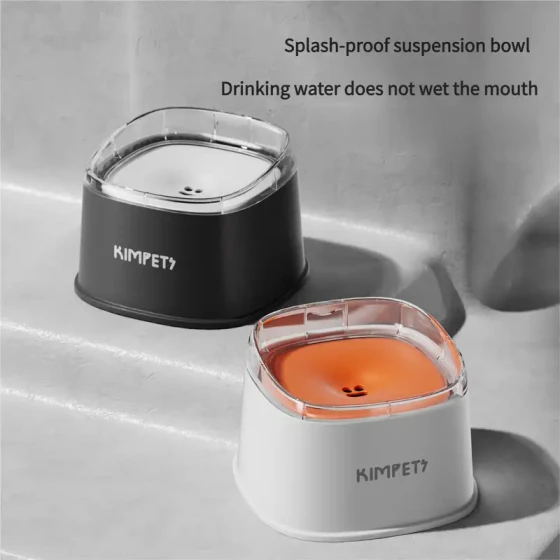Can Dogs Drink Milk? What Are the Reasons?
Usually, when we buy puppies from the market, they are generally allowed out of the cage only at about one month old. The feeding is supposed to be simpler, but it's best not to feed dog food right away. However, if your own dog has puppies and the mother's milk is insufficient, then you have to find ways to give milk to the puppies. In that case, should we give the puppies goat milk or cow's milk?

Can Dogs Drink Milk? What Are the Reasons?
Experts recommend that cow's milk is difficult for young puppies to digest and absorb, and it can easily cause puppy diarrhea, leading to severe dehydration. In serious cases, it can threaten the puppy's life. Therefore, it is better to choose goat milk powder for puppies whenever possible.
So if the puppy drinks goat milk, are there any benefits?
1.Protects the pet’s gastrointestinal health, making nutrient absorption easier. Goat milk proteins mainly consist of casein and whey protein.

Can Dogs Drink Milk? What Are the Reasons?
2.Enhances the pet’s immune system and promotes development. The total vitamin content in goat milk is 11.29% higher than that in cow’s milk, and studies have shown that each 100 grams of goat milk contains a total of 780 micrograms of 10 major vitamins. Besides containing all these nutrients, goat milk also contains epidermal growth factor (EGF), similar to human breast milk, which benefits epithelial cell growth and repair. It helps keep the skin healthy and vibrant, reduces pet skin diseases, and allows pets to say goodbye to dry fur with shiny, glossy coats.
3.Helps brain development and intelligence, making pets smarter. Goat milk contains a large amount of B vitamins; sufficient B vitamins are a prerequisite for the normal maintenance of mammalian brain tissue functions. A deficiency will affect brain development and intelligence.

Can Dogs Drink Milk? What Are the Reasons?
Another reason dogs cannot drink cow's milk is that milk powder production contains very high lactose levels. When this high lactose enters the dog’s stomach and intestines, their stomach cannot absorb it, and their digestive system collapses, resulting in diarrhea.





